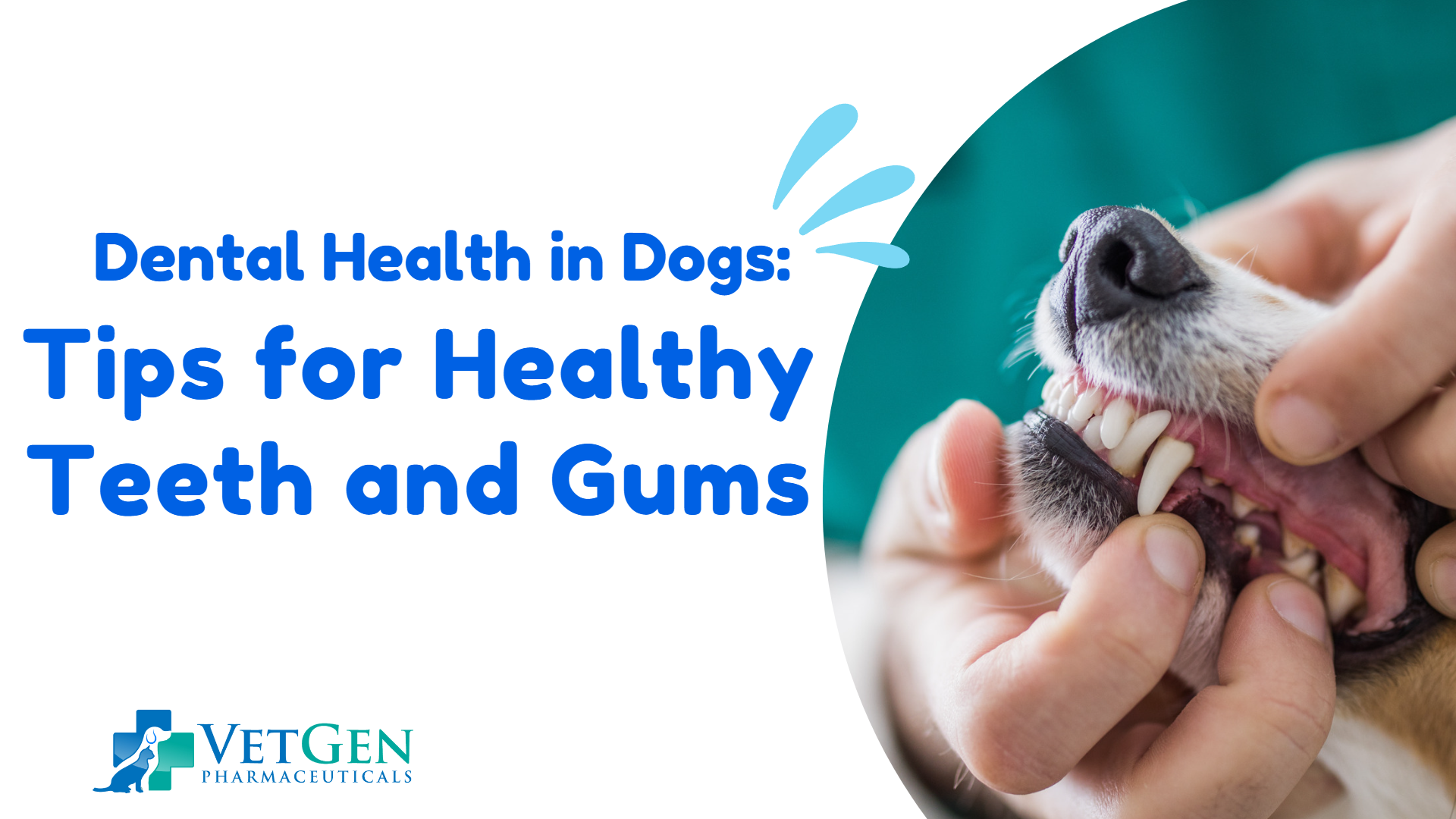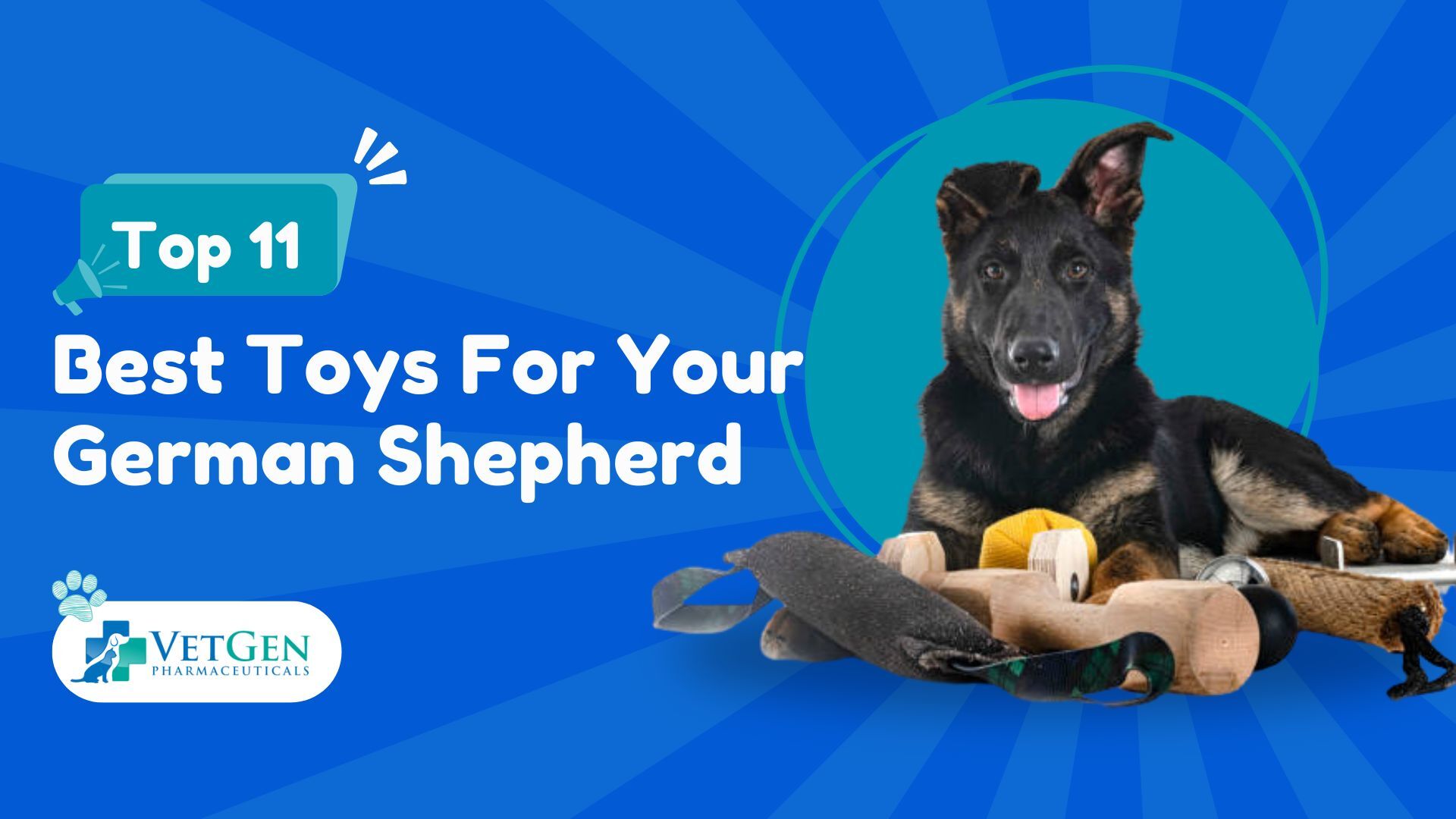Table of Contents
A dog’s dental health plays a meaningful role in your pet’s well-being. Properly caring for your dog’s dental health will help keep their breath fresh and prevent tooth pain, loss, organ damage and periodontal diseases. And also keep them happy.
Many pet owners often neglect the importance of dental care in a dog health. Some believe balanced nutrition, regular exercise, and frequent veterinary check-ups are sufficient. Some simply find it difficult to care for their dog’s dental health.
Dental care for dogs is not complicated. But, unlike humans, dogs cannot brush, floss, or rinse on their own. Therefore, if you love your pet, as you claim, it’s your responsibility to care for them and help them maintain strong and healthy teeth and gums.
In this article, we will provide tips for maintaining healthy teeth and gums in your canine buddies.
Tip 1: Brush your dog’s teeth
Brushing your dog’s teeth is perhaps a basic dog dental care practice, but it’s vital because it sets the foundations for strong and healthy teeth and gums.
Introducing the practice of teeth brushing to your dogs when they’re pups will save you a lot of stress in the future. This doesn’t imply that brushing older dogs is impossible, but it only takes time and patience.
Although brushing your dog’s teeth is similar to how you brush yours, you need to take a slightly different approach. First, you need to understand that you cannot use human toothpaste to brush your dog’s teeth because it will result in stomach upset.
Here is how to approach dental care for your pet:
- Buy a dog’s toothpaste from the vet. You can get beef or chicken-flavored toothpaste.
- Gently lift your dog’s upper lip
- Ensure your dog is comfortable at your feet or laps
- Position the toothbrush filaments until they contact the gum line
- Brush in an oval pattern from up and down, front to back, and in between the teeth
- Aim for a minute or two
- Reward your good doggie with treats or praise
Tip 2: Use a mouthwash for your dog
A pet mouthwash functions like a human mouthwash. However, the pet version does not contain alcohol, sweeteners or fluoride. They are often labelled as ‘dental water addictive,’ ‘oral health solutions,’ or something similar. They also come in the form of gels that you can add to your pet’s gum and teeth. Some are meant for daily usage. Whatever version you purchase, ensure to read the instructions carefully before usage.
In general, canine teeth cleaning liquids help prevent plaque build-up and kill mouth bacteria. Therefore, don’t be afraid to use one.
Tip 3: Watch what your dog eats
As much as dogs are adorable and sweet, they are widely known for putting any object (including dangerous and harmful objects) into their mouth. Sharp objects such as debris, rocks, and old shoes can end up in your pet’s mouth.
Allowing your dog to chomp on hard objects, especially with jagged edges, can lead to injured gums or fractured teeth.
Ensuring your space is free of debris, sharp particles, trash or any harmful objects will reduce the chances of your dog munching on anything unsafe. It will also go a long way in helping you maintain healthy dog gums and teeth.
Tip 4: Stick to dry dog food
As a diet impacts your pet’s overall well-being, so does a diet on their dental health. In addition, a dry diet plays a role in preventing dog dental disease.
A dry dog diet can help take away tartar that may linger on their teeth. Also, dry foods don’t stick to the teeth as much as wet foods. Sticky tartar contributes to the growth of bacteria.
It’s vital to discuss with your veterinarian before changing your dog’s diet. They can recommend dental diet formulas and variations based on your pet’s nutritional needs.
Tip 5: Give your dog oral health treats
Oral health treats are vital to dog gum health. They work like a chew toy and are designed to fight plaque-inducing bacteria and strengthen your dog’s jaw muscles. They are available in different sizes (depending on the size of your dog) and forms, such as chews, sticks, crunchy bits, etc. Don’t forget to pick the right size for your pet.
Also, vets recommend monitoring your pet when you give them treats to ensure they’re okay with munching on them. In addition, double-check the label and only buy products endorsed by the Veterinary Oral Health Council (VOHC). They usually have this label: ‘Veterinary Oral Health Council approved.’
Tip 6: Use oral chew toys
In addition to brushing dog teeth, pet mouthwash, and dry food, oral chew toys also support a dog’s dental and general health. As your pet chews on them, they help remove plaque.
Kong Toys is a good example of an oral chewing toy for dogs. They are usually bubble-shaped with a hollow centre – great for dental treats or dog toothpaste. Another example of a dog’s oral chew toys is rawhide bones. They promote chewing, but you should endeavour to replace the bones when they have gotten soft. Furthermore, you can search for other chew toy options, but ensure they have bristles and ridges to knock off tartar and plaque.
Studies reveal that oral chew toys can help slow down the accumulation of plaques and calculus, which eventually leads to periodontal disease.
Also, vets recommend monitoring your pet when you give them treats to ensure they’re okay with munching on them. In addition, double-check the label and only buy products endorsed by the Veterinary Oral Health Council (VOHC). They usually have this label: ‘Veterinary Oral Health Council approved.’
Tip 7: Create a consistent teeth-cleaning routine
Dental dog teeth cleaning is not a one-off routine. You need to cultivate a habit. Brush their teeth daily, but if your canine friend doesn’t tolerate it or you find it challenging to meet the daily routine, try twice or thrice weekly.
Studies have shown that periodontal disease is common among dogs aged above three years. Furthermore, dental plaque is another issue. That’s why you need to take your dog’s dental health seriously.
Remember, little steps like this make a difference in your dog’s dental health.
Tip 8: Check in with the vet if you notice any sign of tooth disease
If you notice your dog struggling to eat or make any irritating sound while chewing, don’t hesitate to reach out to the vet. If by any chance they have developed any teeth disease, the sooner you attend to it, the better for your pet and you.
In addition, the American Veterinary Medicine Association recommends that dog owners should take their dogs for a dental health examination at least once a year.
Conclusion
Dogs are just sweet and lovely creatures; no wonder they are human’s best friend. Therefore, if you love them as you claim and like to see them happy, you need to care for their dental health because it affects their overall well-being. By following the tips shared in this piece, you’ll be on the right track.








